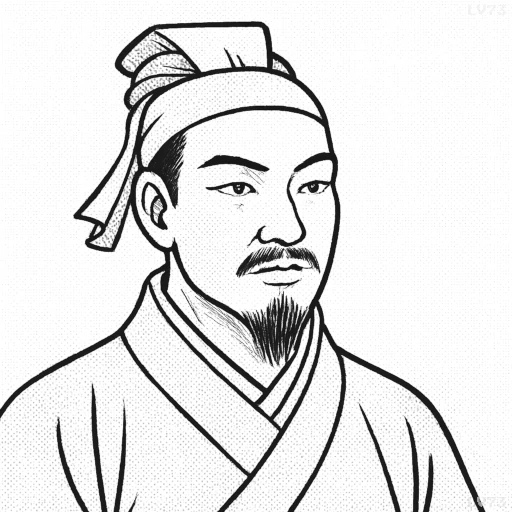“If we know that our own men are in a condition to attack, but are unaware that the enemy is not open to attack, we have gone only halfway towards victory.”

- 544 BC-496 BC
- Born in China
- Military strategist, military strategist
table of contents
Quote
“If we know that our own men are in a condition to attack, but are unaware that the enemy is not open to attack, we have gone only halfway towards victory.”
Explanation
In this quote, Sun Tzu highlights the importance of situational awareness in warfare. It is not enough to know that your own forces are prepared for an attack; one must also have a clear understanding of the enemy’s vulnerabilities and readiness. Victory is not simply a matter of having a capable force; it also requires knowledge of the enemy’s state—whether they are vulnerable, overextended, or in a defensive posture. Without this crucial information, even the best-prepared forces may fail because they are attacking at the wrong time or in the wrong circumstances. In essence, success in war requires a twofold understanding: knowing your own strengths and the enemy’s weaknesses.
This principle applies not just in military strategy but also in business and personal decision-making. For instance, in business, companies that know their own capabilities and are prepared to launch a new product may still fail if they don’t fully understand market conditions or their competitors’ readiness to react. A company may think it’s the right time to launch a product, but if the market is saturated or the competition is better positioned, the opportunity for success may be lost. For example, Apple did not just rely on its own product development when introducing the iPhone but also carefully assessed the state of mobile phone technology and market dynamics, positioning itself to take advantage of competitors’ weaknesses, such as Nokia’s sluggish response to touch-screen phones.
In military history, understanding both your own readiness and your enemy’s vulnerabilities has been key to many successes. For example, during the Battle of Midway in World War II, the U.S. Navy knew it had the strength to attack, but more importantly, it was aware that the Japanese fleet was overextended and vulnerable. By recognizing that the Japanese were not in a position to defend themselves effectively, the U.S. Navy was able to strike decisively. Similarly, in modern cybersecurity, knowing both your own system’s readiness and the enemy’s attack capabilities is crucial for defense. A business or nation may be well-prepared for an attack, but if the threat is not imminent or the enemy is not capable of launching one, the opportunity for victory lies in patience and strategic timing.
Would you like to share your impressions or related stories about this quote in the comments section?

